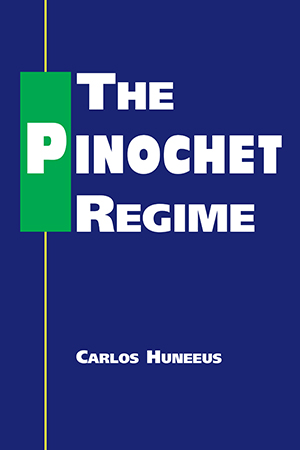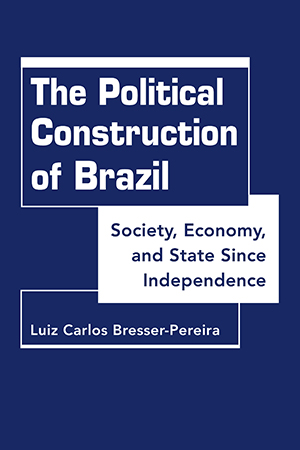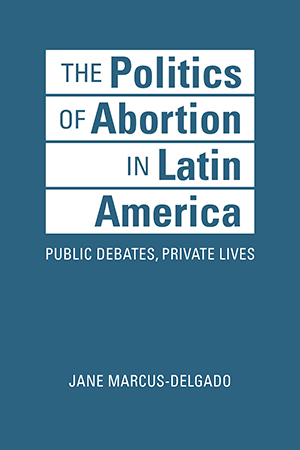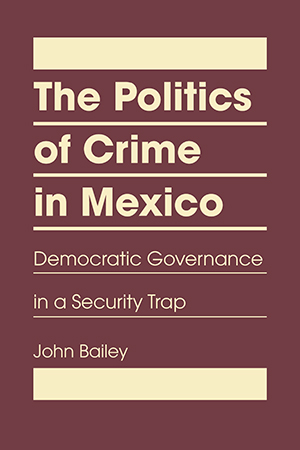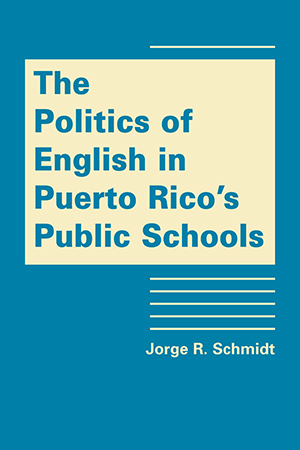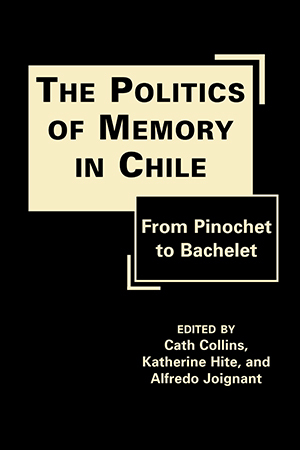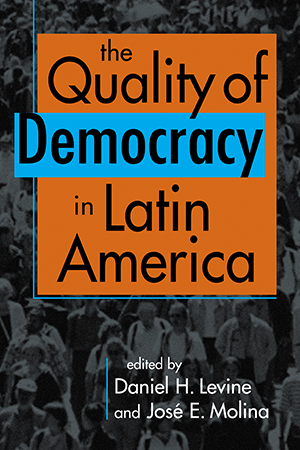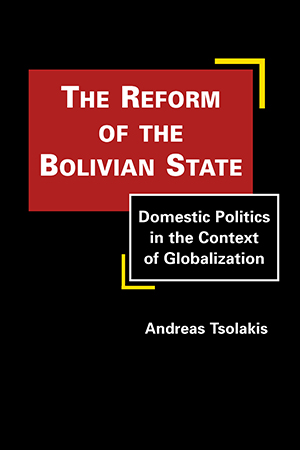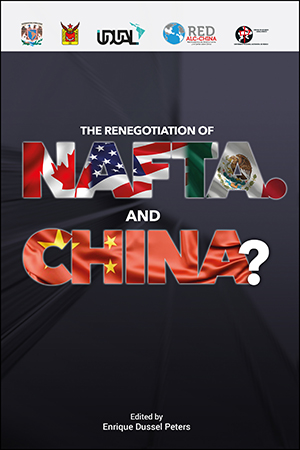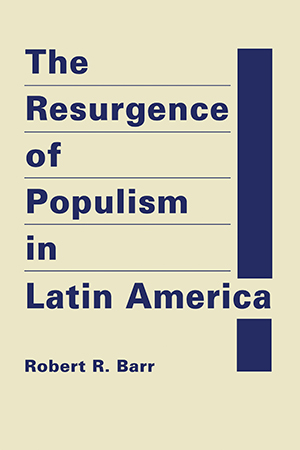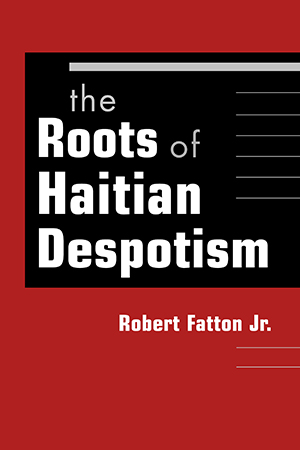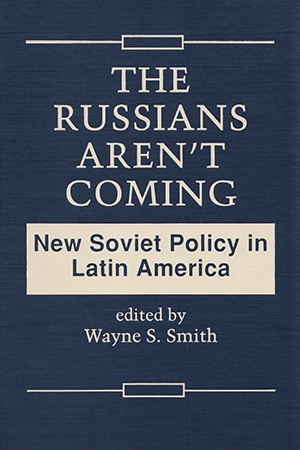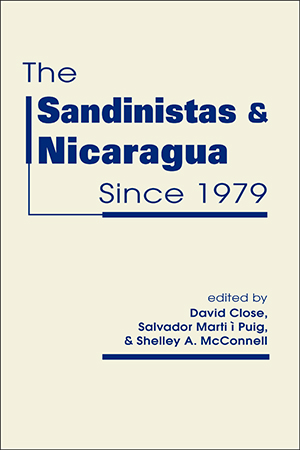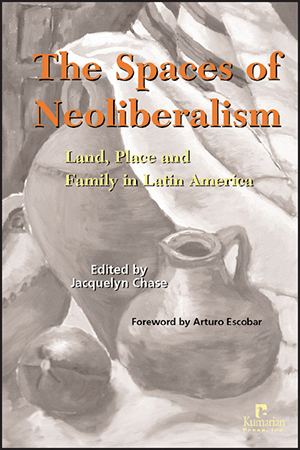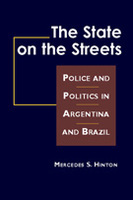Latin America and the Caribbean
This seminal book was inspired by a series of questions: What explains the endurance of Augusto Pinochet's authoritarian regime in Chile, a country with a lengthy democratic tradition? More >
Spanning the period from the country’s independence in 1822 through mid-2016, Luiz Carlos Bresser-Pereira assesses the trajectory of Brazil's political, social, and economic More >
With Latin America home to some of the most draconian bans on abortion in the world, abortion rights is one of the most controversial and hotly contested topics in Latin American politics More >
What kind of democracy will emerge in Mexico when the current levels of violence are brought under control? Will democratic reformers gain strength in the new equilibrium between government More >
How have colonial and partisan politics in Puerto Rico affected the language used in public schools? What can we learn from the conflict over the place of English in Puerto Rican society? More >
How do individual and collective memories of the repressive Pinochet regime affect the fabric of Chilean politics and society today? How have the politics of memory in Chile—including More >
In considering the nature and future prospects of the current wave of democracies in Latin America, analysis has shifted from a concern with regime change, transitions, and consolidation More >
In 2005, two decades after President Victor Paz Estenssoro's New Economic Policy heralded the beginning of a profound transformation for Bolivia, violence had become endemic in the More >
After more than a year of negotiations, the differences between NAFTA and the new United States–Mexico–Canada agreement (USMCA) are minor—especially considering the initial More >
Choice Outstanding Academic Book! Latin America has recently experienced a powerful resurgence of populism, a phenomenon that has had an outsized influence on the region's politics. More >
Though founded in the wake of a revolution that embodied its slave population's quest for freedom and equality, Haiti has endured a history marked by an unending pattern of repressive More >
Pointing to the dramatic changes in the former Soviet Union and its foreign policies over the past few years, the authors demonstrate that, even before the consequent collapse of communism More >
How has the Sandinista National Liberation Front (FSLN) affected Nicaragua and its politics since the Sandinista revolution of 1979? Addressing this question, the authors offer a More >
In this exploration of people's responses to neoliberal market reforms in Latin America, the authors reveal the ways that local communities negotiate with market power and state policy More >
Winner of the British Society of Criminology's Best Book Award! How Latin American governments will respond to popular outcry against unprecedented levels of both corruption and crime More >


